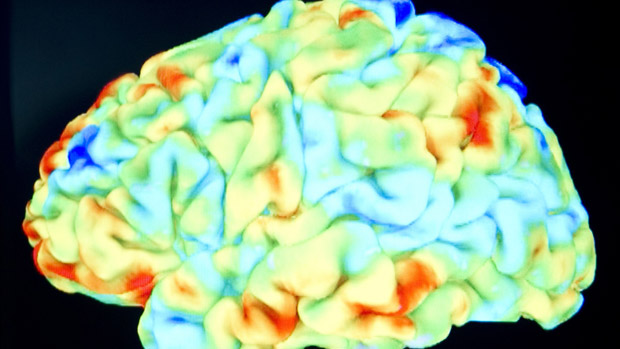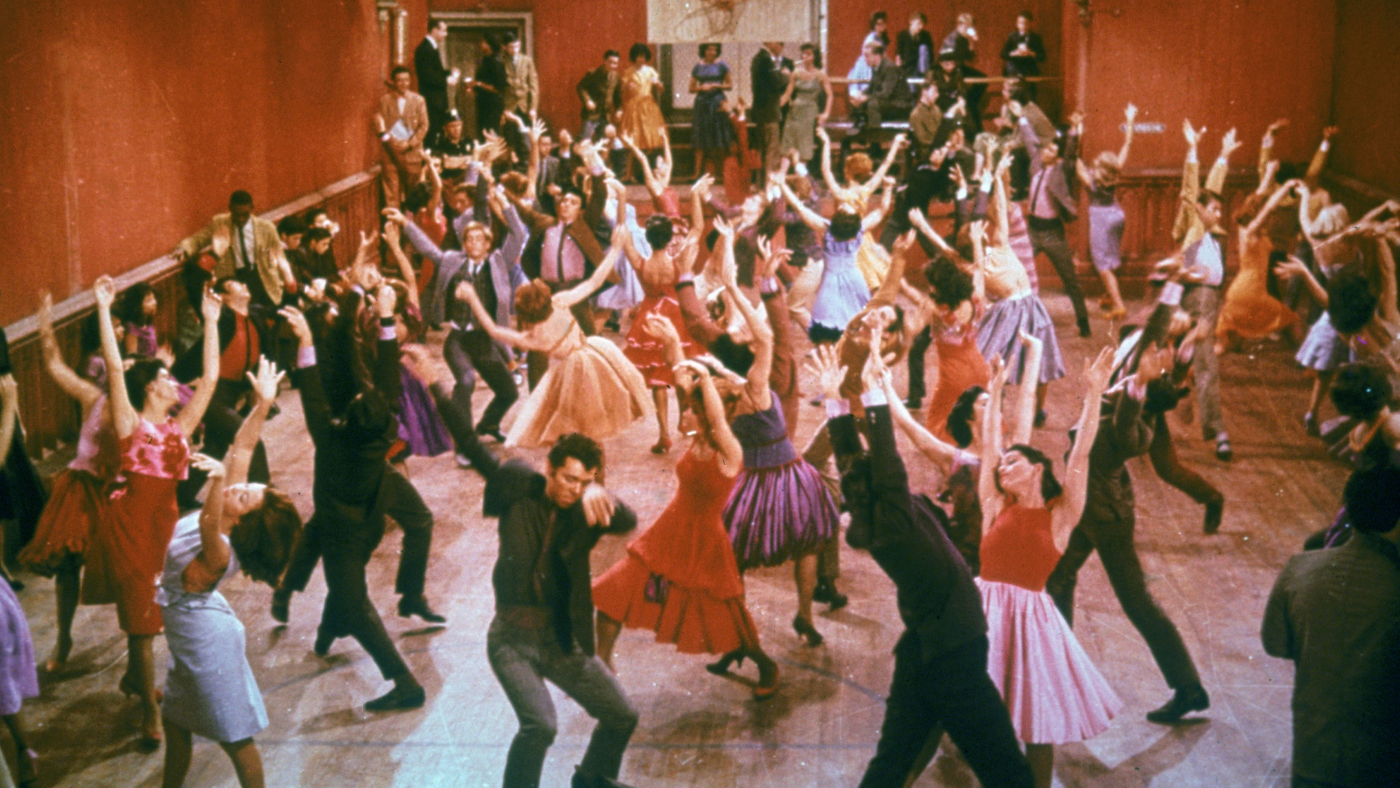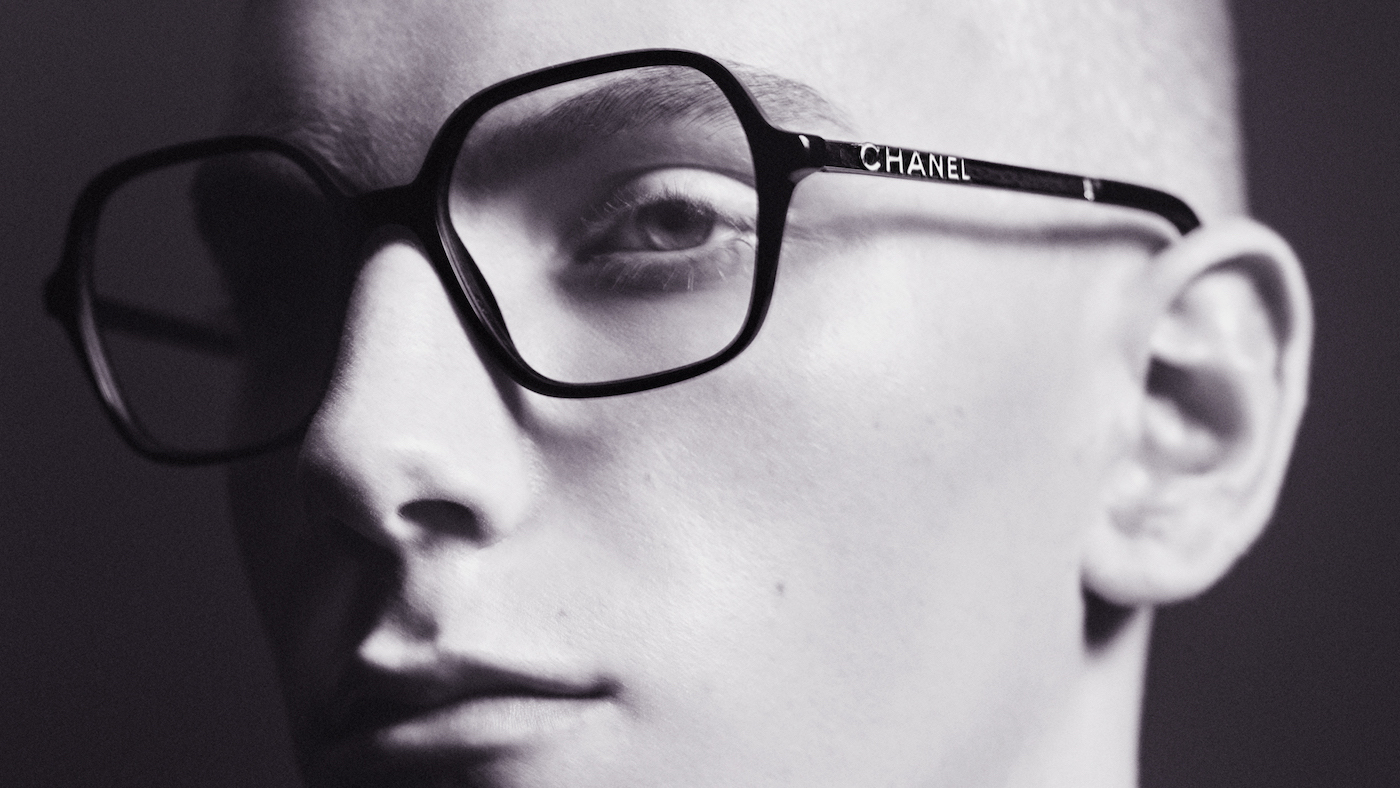Chair for thought: Can MRI scans create the perfect seat?
Revolutionary new design uses neurological scans to develop a personalised chair, but does it really work?

A free daily email with the biggest news stories of the day – and the best features from TheWeek.com
You are now subscribed
Your newsletter sign-up was successful
Buying an armchair that delivers on both style and comfort can be a tiresome business at the best of times. But what if you could have that perfect chair – a chair magically designed to suit your personal tastes – without having to shop for one, or even say a word about what you were looking for?
In the quest to create the "perfect" chair – a chair meticulously crafted to fit a person's specific needs – one ingenious designer has come up with a roundabout way of subconsciously coaxing out of us our personal preferences.
Dutch-born Merel Bekking's project Your Brain Manufacturing measures brain responses to certain stimuli using an MRI (magnetic resonance imaging) scanner. The results are used to help create a chair perfectly suited to the subject's unconscious brain activity.
The Week
Escape your echo chamber. Get the facts behind the news, plus analysis from multiple perspectives.

Sign up for The Week's Free Newsletters
From our morning news briefing to a weekly Good News Newsletter, get the best of The Week delivered directly to your inbox.
From our morning news briefing to a weekly Good News Newsletter, get the best of The Week delivered directly to your inbox.
In collaboration with Dr Steven Scholte and the Spinoza Centre for Neuroimaging, Bekking set out to make what she describes as a "scientifically perfect" chair.
"The project started with me wanting to create perfection," says Bekking. "Of course, this is really hard because it is subject to taste and aesthetics and all these hard-to-grasp feelings. So I thought, why not make something that is scientifically proven to be perfect?"
But Bekking was aware that while our subconscious minds might like one thing, they may also "prefer to give socially desirable answers," she explained to art and design magazine Dezeen.
"If you ask people what they like, as a group they like blue, wood and round, open shapes. But if you do research with an MRI scanner they show that they like red, plastic and organic, closed shapes," she said.
A free daily email with the biggest news stories of the day – and the best features from TheWeek.com
For her first test, Bekking brought Dezeen's founder Marcus Fairs into the studio. Fairs spent hours in an MRI machine being shown up to 240 different physical stimuli, while Bekking and her entourage of neuroscientists analysed the data, focusing entirely on the MRI and ignoring "what Fair says he likes".
Once the data was processed and the numbers crunched, Bekking produced the final chair design for Fairs at his London home.
The MRI on Fairs's brain had shown a notable increase in brain activity when he was presented with orange, plastic and closed, rounded shapes – and so Bekking delivered a chair that was a combination of these characteristics.
"She turned up at our house with this shiny orange chair," says Fairs. "I'd never considered shiny orange things to be anything that I would go for, but then I was intrigued by it [the chair] because it had a sort of retro, 60s space-age feel to it."
Bekking wrote on her website that Fairs "kept repeating 'I like it much more than I thought I would'", and "even though [Fairs was] still somewhat hesitant, his initial reaction was definitely a positive one."
But Fairs's tentative appreciation for the chair quickly fell apart. When Bekking returned four months later, he told her: "Just after you left it, I think I took a violent dislike to it.
"In hindsight, I don't believe that it reflects any of my psychological preferences for furniture," he added. "I can't see any connection between that object and my taste. Not even the cat would sit on it. We were quite relieved when she took it away."
Bekking's explanation for Fairs's dramatic change of heart is steeped in psychological analysis. "Fairs's sudden change of mind and his feelings of shame for the chair implies a more socially conscious side to the project," she wrote. "Our initial reaction to objects around us might be closer to our subconscious preferences, but we put a more conscious, socially aware, filter over it."
Contemplating whether she has cracked the code to the "perfect" chair, Bekking says: "To quote Marcus Fairs: 'Life isn't that simple, is it?'"
"Taste and preference are complex matters," she concluded.
-
 James Van Der Beek obituary: fresh-faced Dawson’s Creek star
James Van Der Beek obituary: fresh-faced Dawson’s Creek starIn The Spotlight Van Der Beek fronted one of the most successful teen dramas of the 90s – but his Dawson fame proved a double-edged sword
-
 Is Andrew’s arrest the end for the monarchy?
Is Andrew’s arrest the end for the monarchy?Today's Big Question The King has distanced the Royal Family from his disgraced brother but a ‘fit of revolutionary disgust’ could still wipe them out
-
 Quiz of The Week: 14 – 20 February
Quiz of The Week: 14 – 20 FebruaryQuiz Have you been paying attention to The Week’s news?
-
 Sport on TV guide: Christmas 2022 and New Year listings
Sport on TV guide: Christmas 2022 and New Year listingsSpeed Read Enjoy a feast of sporting action with football, darts, rugby union, racing, NFL and NBA
-
 House of the Dragon: what to expect from the Game of Thrones prequel
House of the Dragon: what to expect from the Game of Thrones prequelSpeed Read Ten-part series, set 200 years before GoT, will show the incestuous decline of Targaryen
-
 One in 20 young Americans identify as trans or non-binary
One in 20 young Americans identify as trans or non-binarySpeed Read New research suggests that 44% of US adults know someone who is transgender
-
 The Turner Prize 2022: a ‘vintage’ shortlist?
The Turner Prize 2022: a ‘vintage’ shortlist?Speed Read All four artists look towards ‘growth, revival and reinvention’ in their work
-
 What’s on TV this Christmas? The best holiday television
What’s on TV this Christmas? The best holiday televisionSpeed Read From films and documentaries to musicals for all the family
-
 Coco vision: up close to Chanel opticals
Coco vision: up close to Chanel opticalsSpeed Read Parisian luxury house adds opticals to digital offering
-
 Abba returns: how the Swedish supergroup and their ‘Abba-tars’ are taking a chance on a reunion
Abba returns: how the Swedish supergroup and their ‘Abba-tars’ are taking a chance on a reunionSpeed Read From next May, digital avatars of the foursome will be performing concerts in east London
-
 ‘Turning down her smut setting’: how Nigella Lawson is cleaning up her recipes
‘Turning down her smut setting’: how Nigella Lawson is cleaning up her recipesSpeed Read Last week, the TV cook announced she was axing the word ‘slut’ from her recipe for Slut Red Raspberries in Chardonnay Jelly